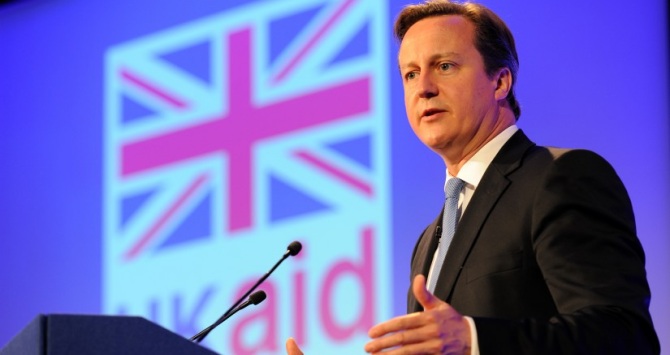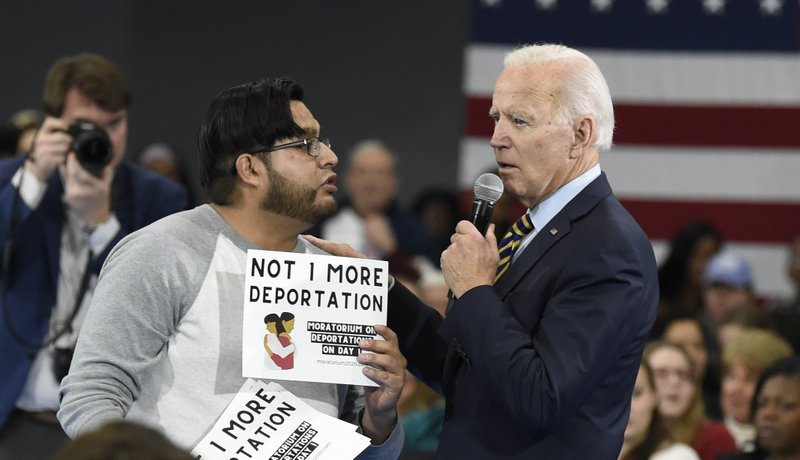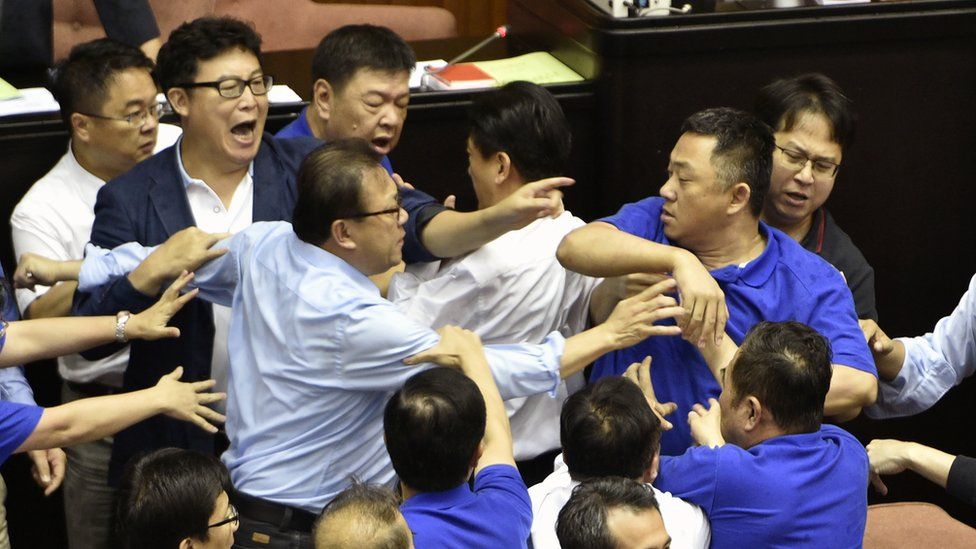MSc Development Studies student Yossma Sohail writes on the inhumane situation faced by sanitary workers, waste collectors and janitors in Karachi, Pakistan and what we can do to push for improvements in their working conditions, pay and benefits. This piece was originally published on the Oxfam From Poverty to Power (fp2p) Blog and the full campaign strategy can be found here.
Karachi is so dirty. Heaps of rubbish. A city incapable of tolerating a rain shower because its sewer system is clogged. Garbage dumps overflowing. And while we shake our heads in dismay and blame the “government” (an elusive concept, no one really knows who they are referring to when they say that) – the sanitary workers, the waste collectors, the janitors come out, and do their work. And our collective humanity fails us.
Perhaps nowhere more do we see this apathy than when looking at them – the outcasts, the ones termed “dirty,” “unclean”, “impure”, “chuhras”. The untouchables. The ones who clean, collect, rinse, dispose, recycle our waste, often with their bare hands, plunging into manholes, inhaling toxic fumes.
In return for their service, what do they get? Advertisements specifically looking for non-Muslim minority groups to be deemed fit to do this “unclean” job. No holidays. No pensions. No safety equipment. No medical insurance, no benefits. No compassion. And that needs to change.
What can I do? It’s just the way it is. There are no laws in this country.”
I can almost hear the responses of people, feeling twinges of sympathy for this cause, but shrugging it away with a feeling of “what-can-I-do”. Well, as it turns out, surprise-surprise: there are laws in this country. They aren’t being implemented. You CAN do something about it.
Let’s start with Karachi. (I can’t help it – I have 2 decades’ worth of a love-hate relationship going on with it). The Sindh Solid Waste Management Board employs these sanitation workers (themselves, or through contractors) – but fails to register them with employees’ benefits (EOBI) and social security (SESSI). The Sindh SESSI and EOBI Acts both require SSWMB to register their employees with it. What they’re doing is not only morally and ethically wrong, but also illegal.
And I would argue that exposure to manholes, Karachi’s air, hazardous waste material and toxic gases calls for medical benefits, pensions, and insurance a lot more than other jobs. It’s the bare minimum we can do for our workers, in a system which has given them hardly anything.
So, the SSWMB needs to register its sanitary workforce with the EOBI and SESSI, and yet it doesn’t. Here’s where we come in. We need to pressurise them. Hold them accountable. Hashtags, emails, letters, messages, what-have-you. Email the relevant authorities. Flood their Instagram DMs. Hold them accountable. Groups like Justice for Janitors, and Sweepers are Superheroes will be there to guide you on how to reach them (they’ll even give you a template, you just need to send it! They’ll also give you the names of the people you need to send messages to! All your work is done – just press Ctrl+C+V + Send!)
You have the right to information under the Constitution – raise that right for the people who need it the most. Ask the SSWMB for EOBI/SESSI records. Question why they’re not there. You have a voice. They will listen, they are legally bound to. The Sindh High Court already has, and sent notices on legal wage implementation. Let’s keep the momentum going. And maybe, at the end of it all, our noise will ensure SSWMB starts registering these workers for EOBI/SESSI. To workers who risk it all to clean our waste, access to their security, cost of medical bills, and pensions is a legal, justifiable, and most importantly, humane demand. The authorities must do better, and we need to make sure they don’t get away with it.
Let’s make it happen.
The views expressed in this post are those of the author and do not reflect those of the International Development LSE blog or the London School of Economics and Political Science.
Image credit: Sanitary workers in Karachi via Al Jazeera.





